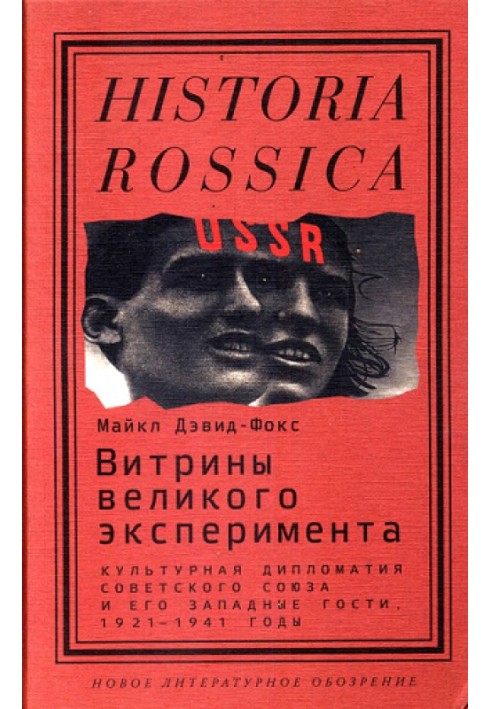Showcases of the great experiment
 Instant download
Instant download
after payment (24/7)
 Wide range of formats
Wide range of formats
(for all gadgets)
 Full book
Full book
(including for Apple and Android)
The book explores the long-controversial theme of "Russia and the West", in which the country's alternating periods of openness and closedness to the outside world rotate between ideas of backwardness and superiority. American historian Michael David-Fox, using extensive documentary material, talks about the visits of foreigners to the USSR in the 1920s and 1930s, when the communist regime, with the help of active cultural diplomacy, sought to explain to the whole world what it means to be, despite poverty and backwardness, the most advanced country , and Western intellectuals, blinded by their own ambitions and status as “friends” of the Soviet Union, did not notice the horrors of famine and the Gulag. The author shows the complex relationship between domestic and foreign policy factors of the country's development, proposing a new assessment of the importance of international influence on the development of the Soviet system in the years of its formation. CONTENTS: Preface to the Russian edition 7 Preface to the American edition 14 Introduction. “Russia and the West” in the Soviet reading 19Chapter 1. Cultural diplomacy of a new type 61Chapter 2. The road to the West: Soviet “cultural” operations abroad 115Chapter 3. The dilemma of the Potemkin villages 176Chapter 4. Gorky’s Gulag 242Chapter 5. Currency foreigners and mass ideological campaigns 294Chapter 6. Stalin and fellow travelers: an attempt at a new reading 346Chapter 7. The Road to the East: friends and enemies 412Chapter 8. Strengthening the Stalinist superiority complex 474Epilogue. Towards a Cold War of Cultures 516Bibliography 535List of Abbreviations 548Index 553
Data sheet
- Name of the Author
- Майкл Дэвид-Фокс
- Language
- Russian
- Translator
- В. Макаров











